Nigel Warburton
Consultant Editor and Interviewer, Aeon+Psyche
Nigel is a writer, philosopher and podcaster. He is interviewer for the popular Philosophy Bites podcast. His books include A Little History of Philosophy, The Art Question and Free Speech: A Very Short Introduction. Nigel is on Twitter @philosophybites.
Written by Nigel Warburton
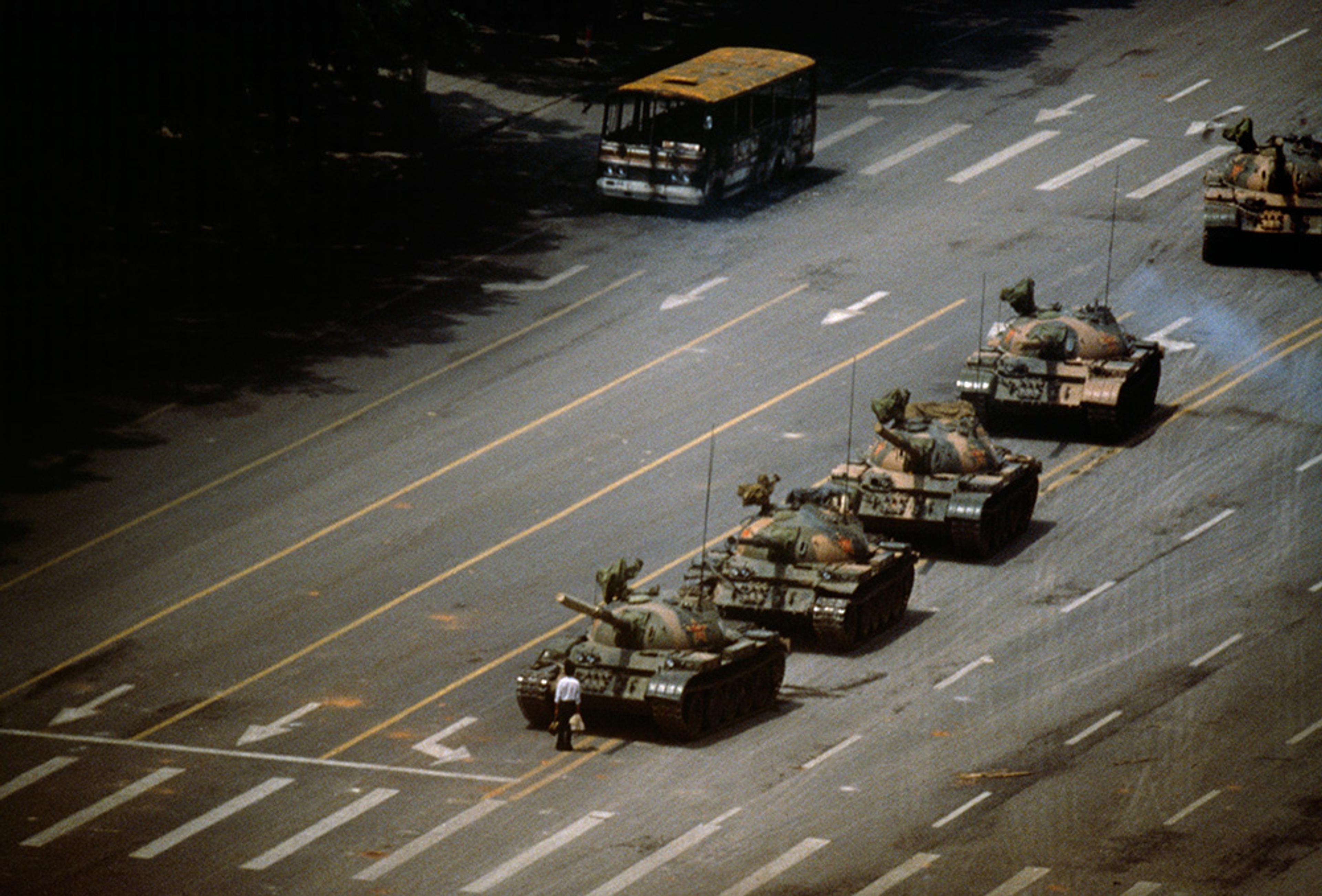
essay
Art
Moments of depth
Stuart Franklin has photographed conflict, nature and people. He discusses what makes a memorable image
Stuart Franklin & Nigel Warburton
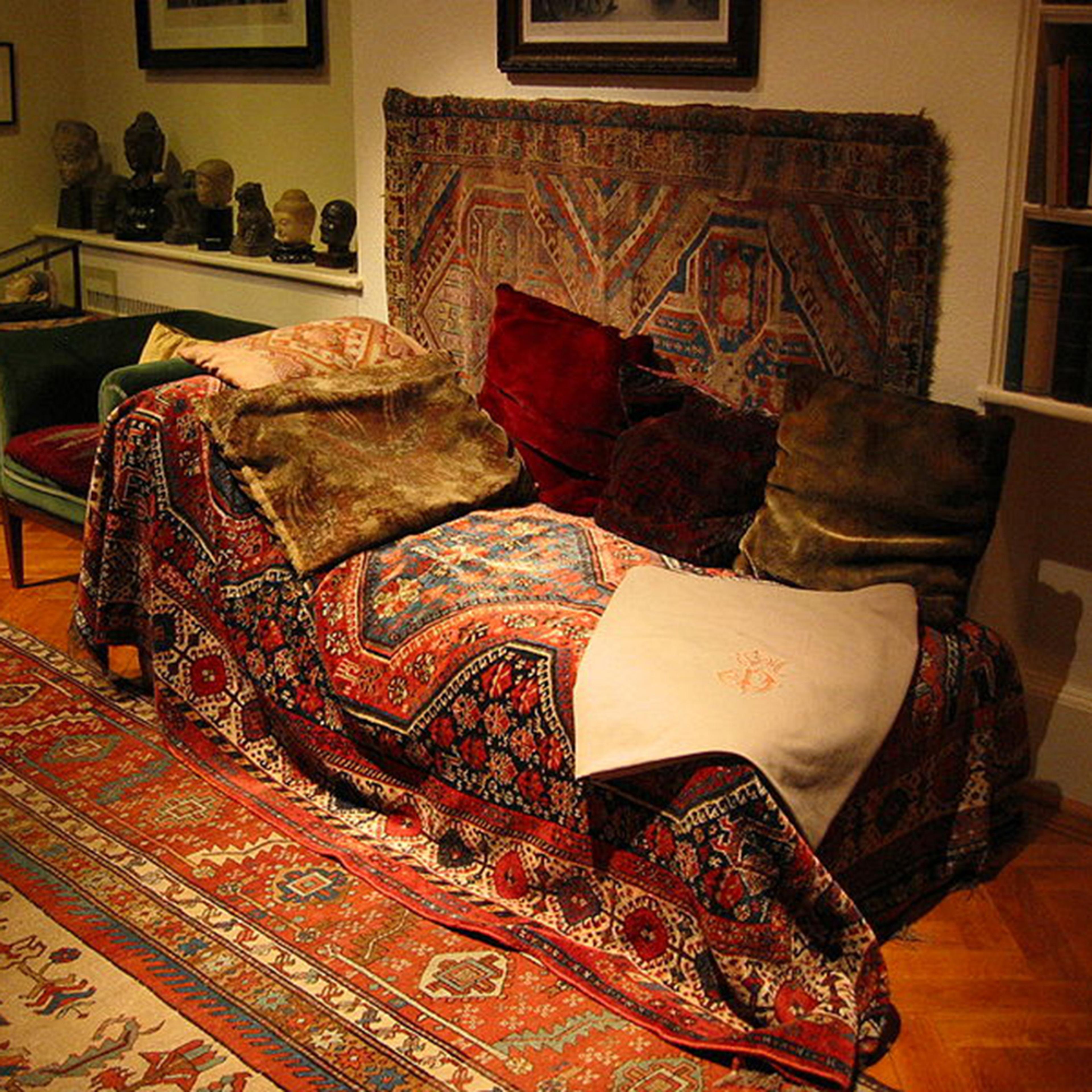
idea
Wellbeing
Is philosophy therapy, or is it simply a search for truth?
Nigel Warburton & Jules Evans
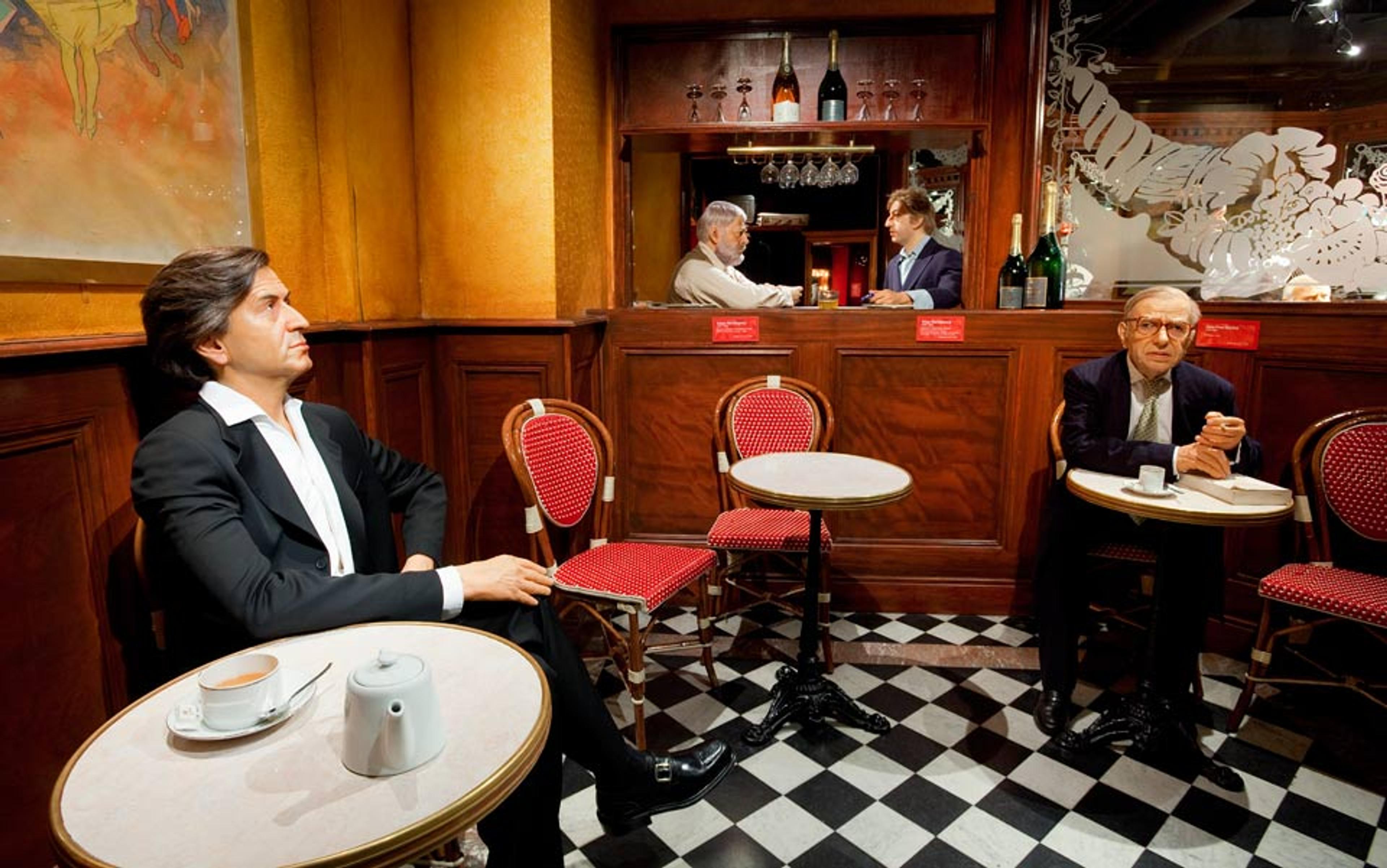
essay
History of ideas
Talk with me
Philosophy should be conversation, not dogma – face-to-face talk about our place in the cosmos and how we should live
Nigel Warburton
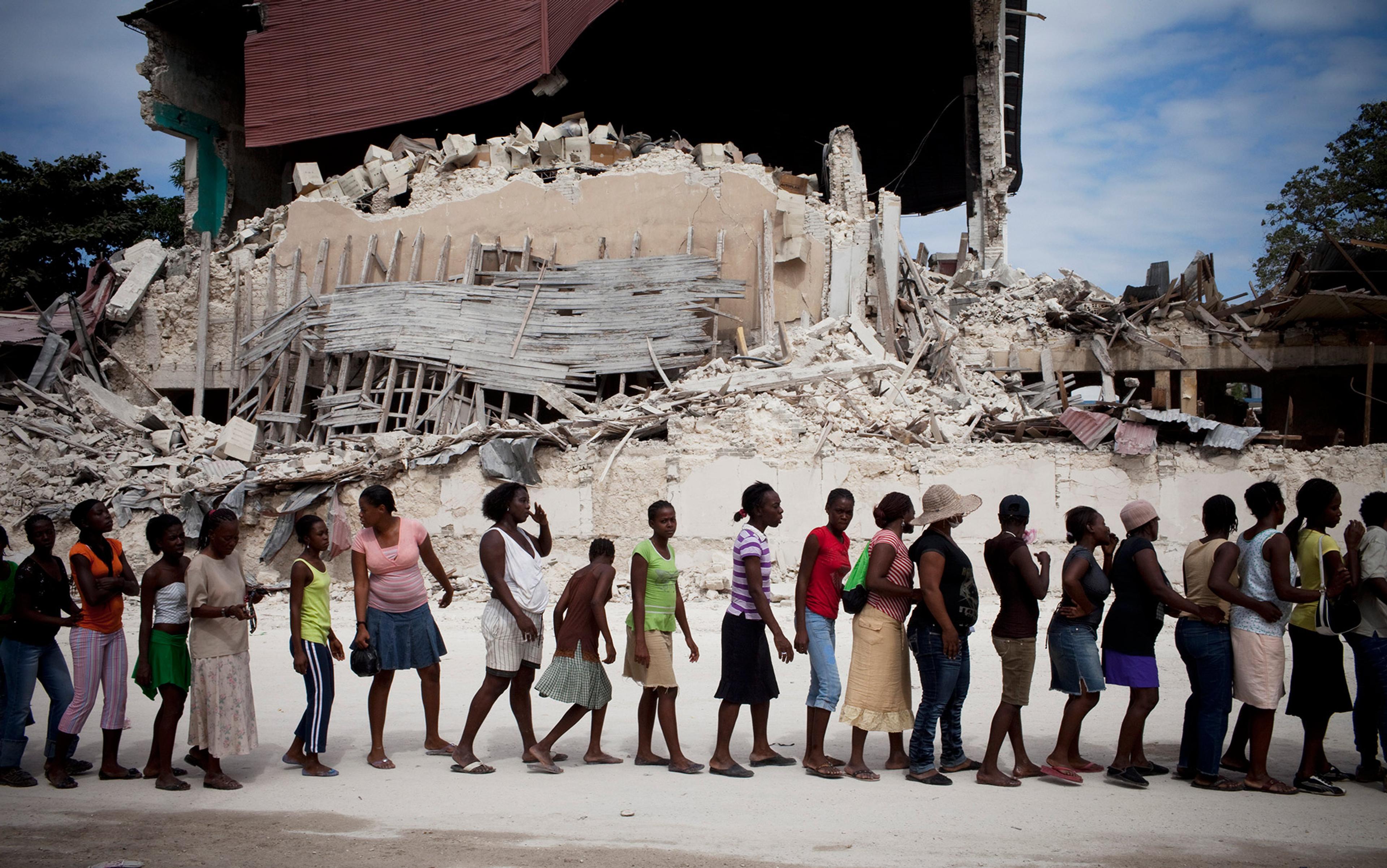
essay
Cosmopolitanism
Cosmopolitans
It’s not just me, you and everyone we know. Citizens of the world have moral obligations to a wider circle of humanity
Nigel Warburton
Edited by Nigel Warburton

essay
Cosmology
Just a pale blue dot
When we see the Earth as ‘a mote of dust suspended in a sunbeam’ what do we learn about human significance?
Tim Bayne

essay
Thinkers and theories
The truth about love
In Plato’s Symposium, Socrates shared a theory of love from the teachings of a ‘non-Athenian woman’. Who was she really?
Armand D’Angour

essay
Meaning and the good life
Welcome to the Chaoscene
The climate crisis is here. In order to thrive in these dangerous and precarious times, we must build resilient communities
Rupert Read

essay
Bioethics
Why the cat wags her tail
Here’s a puzzle: how could evolution favour such a costly, frivolous and fun activity as animal play?
Mathilde Tahar-Malaussena

essay
Philosophy of mind
Suffused with causality
Humans have a superpower that makes us uniquely capable of controlling the world: our ability to understand cause and effect
Mariel Goddu

essay
Food and drink
Adjust your disgust
The future of food is nutritious and sustainable – if we can overcome our instinctual revulsion to insects and lab-grown meat
Alexandra Plakias

essay
Thinkers and theories
The necessity of Nussbaum
Martha Nussbaum’s philosophy is dynamic and challenging, but also elegant and lucidly written: she is the thinker of our time
Brandon Robshaw

essay
Human evolution
The commitment to collaborate
Though natural selection favours self-interest, humans are extraordinarily good at cooperating with one another. Why?
Saira Khan

essay
Thinkers and theories
So many unmarried men
For Mary Midgley, the Western philosophical tradition is shaped by the fact that its greatest practitioners were bachelors
Ellie Robson

essay
Knowledge
The penumbral plunge
Diving into the ring of darkness beyond things easily answerable, asking ‘Why?’ questions is what make humans awesome
Eric Schwitzgebel
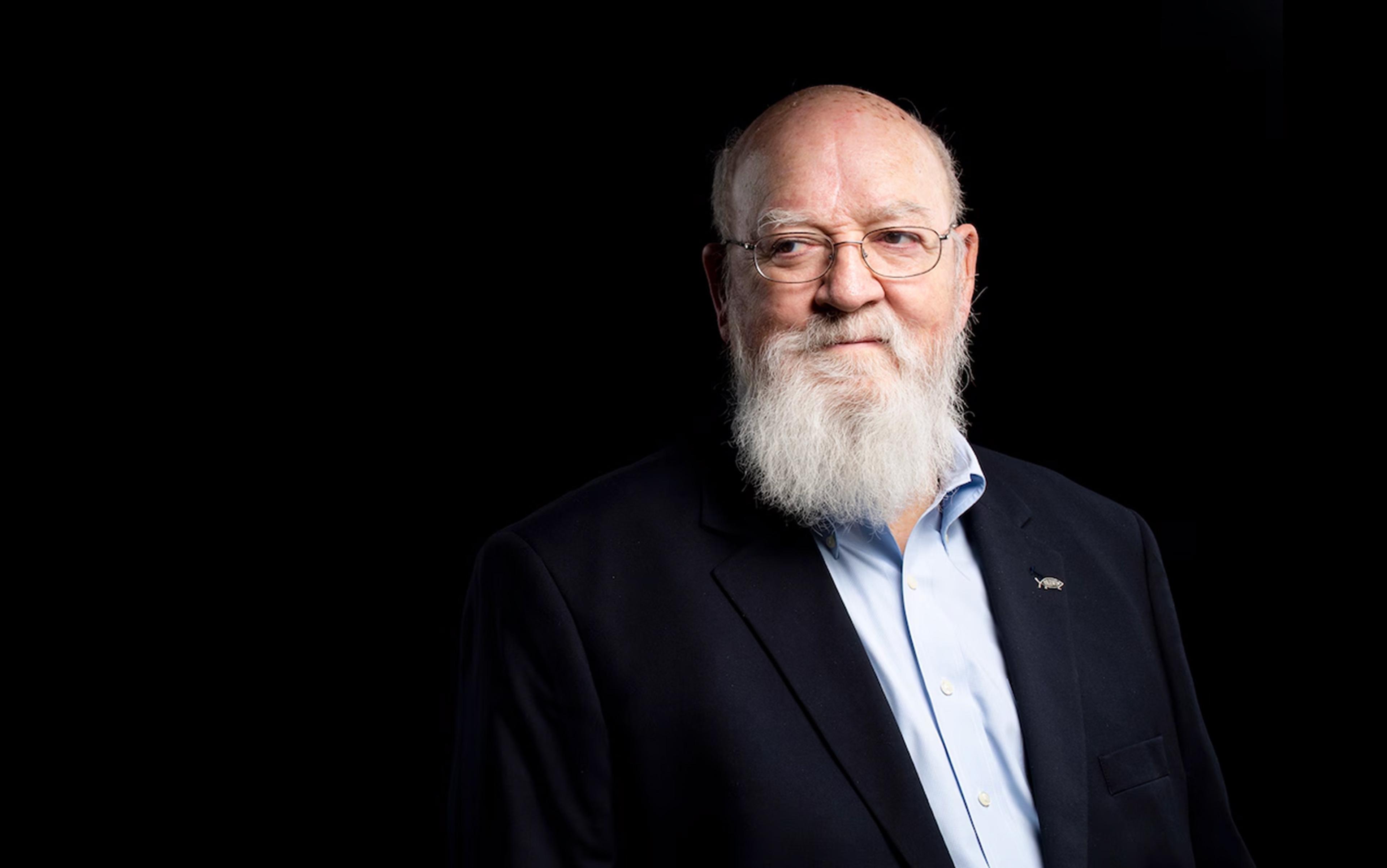
essay
Philosophy of mind
The stories of Daniel Dennett
Often metaphorical and allusive, the philosopher’s work will long be remembered for how it grappled with everyday thought
Tim Bayne

essay
Education
A valiant experiment
The progressive and remarkably innovative Woodmead School briefly flourished amid the viciousness of apartheid South Africa
David Dyzenhaus